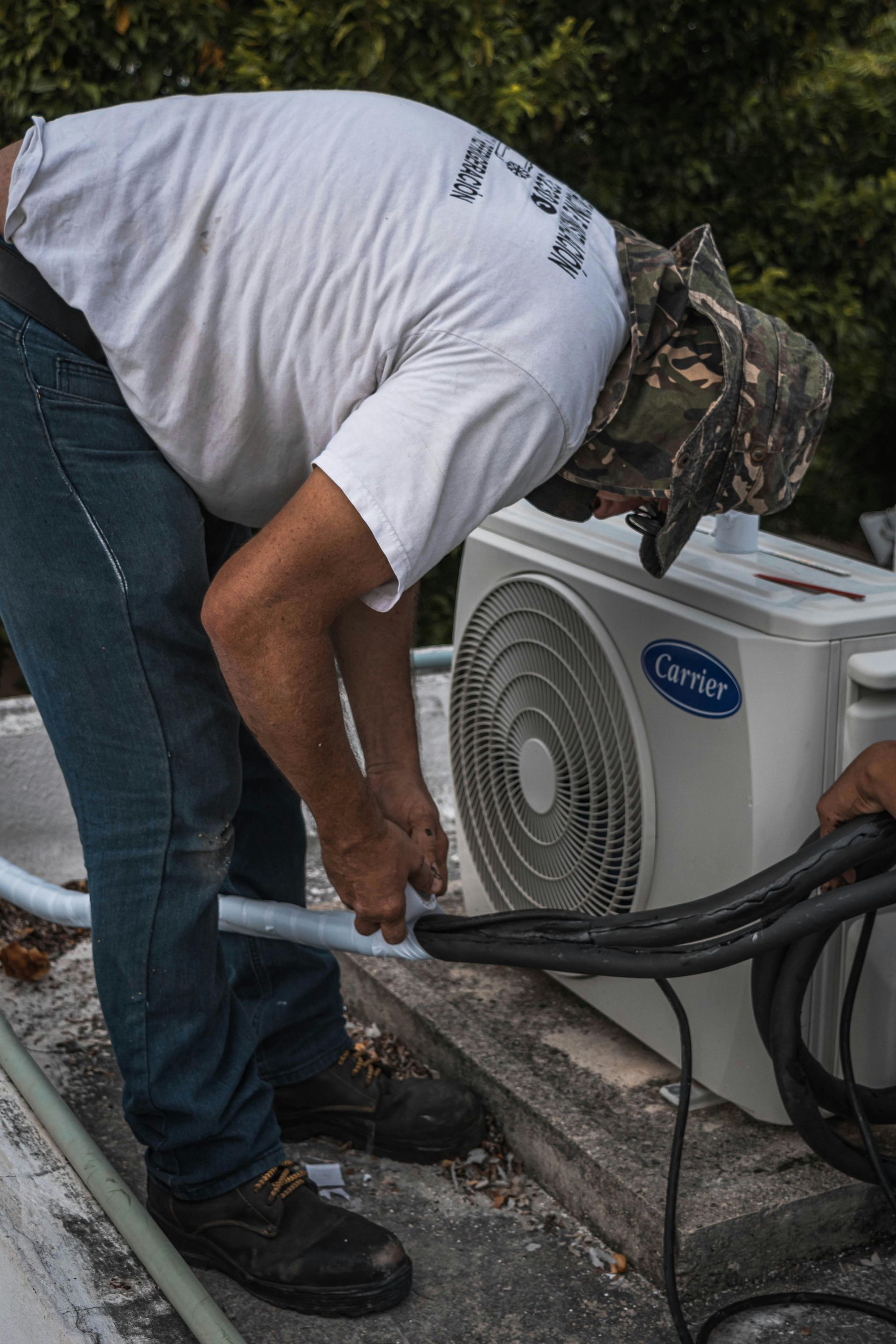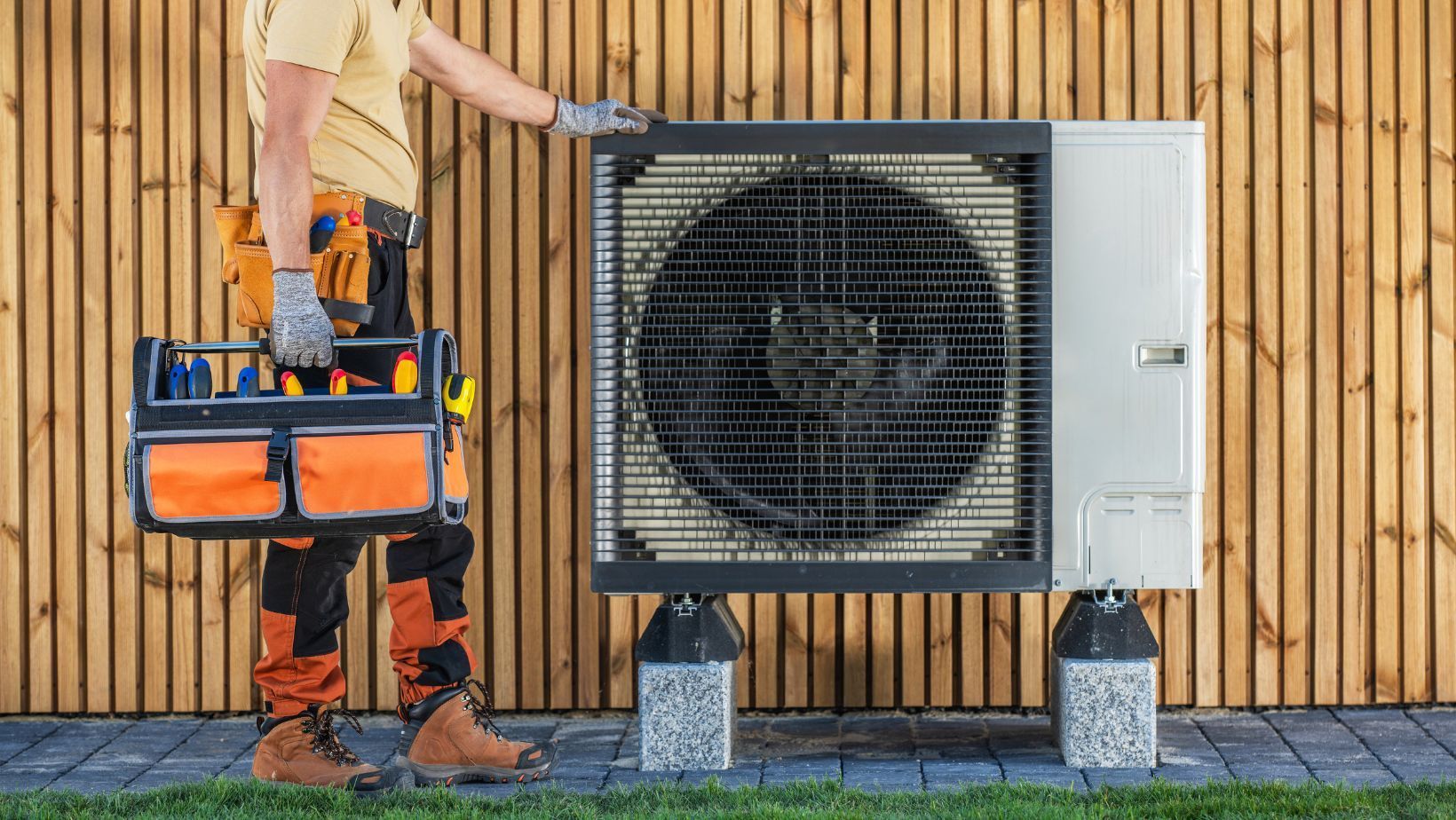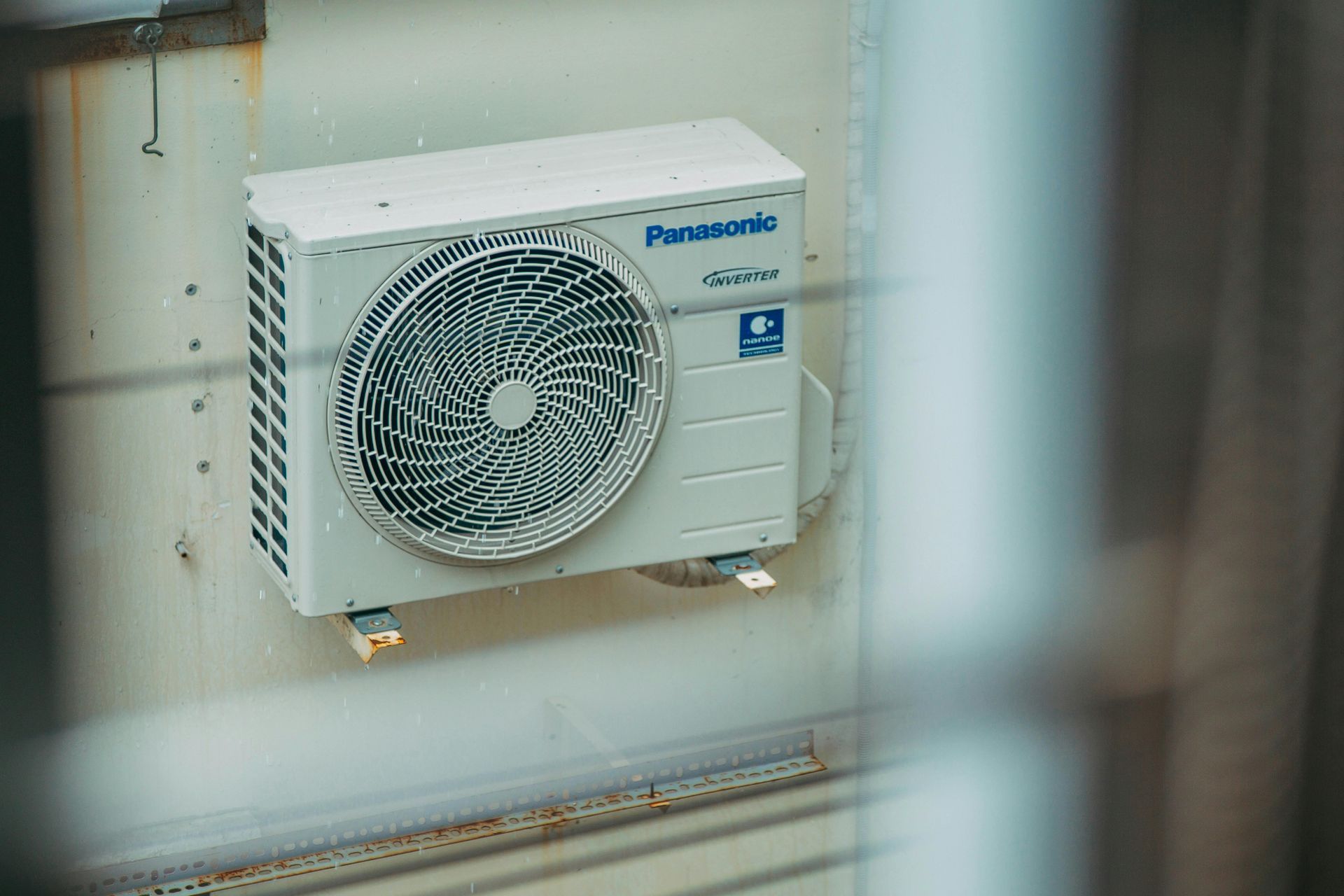From Vents to Comfort: How HVAC Works in London, Ontario Homes

If you’ve ever wondered how your home stays warm through London’s frigid winters or cool during a sticky July afternoon, the answer lies in your HVAC system. But beyond pressing a thermostat button, few homeowners stop to think about how does HVAC system work in home settings—and why that matters, especially in a climate like London, Ontario.
This blog explores how HVAC systems function, why regular maintenance is crucial, and what London homeowners need to know to keep theirs running at peak efficiency. Whether you're a new homeowner or considering an upgrade, this guide will walk you through the components, benefits, and real-world impact of understanding your HVAC system.
Key Takeaways
- HVAC stands for Heating, Ventilation, and Air Conditioning.
- A residential HVAC system controls temperature, humidity, and air quality.
- Understanding how does HVAC system work in home helps you spot problems early and save money.
- London’s climate demands reliable, well-maintained HVAC equipment.
- Carver Sheet Metal is your trusted local partner for HVAC service in London, ON.
Overview
Understanding how HVAC systems work in your home is essential, especially in a city like London, Ontario, where weather swings between cold winters and hot summers. This blog breaks down how heating, ventilation, and air conditioning (HVAC) systems operate—from air circulation and filtration to heating and cooling cycles. You’ll learn not just the what and how, but why these systems matter for comfort, efficiency, and long-term maintenance. Whether you're a new homeowner or simply want to get more out of your HVAC system, this guide offers clear answers and local insights tailored for London residents.
What Is an HVAC System?
HVAC stands for Heating, Ventilation, and Air Conditioning. In homes across London, this integrated system manages your indoor climate year-round.
A residential HVAC setup usually includes:
- Furnace or Heat Pump for heating
- Air Conditioner for cooling
- Ductwork and Vents for air circulation
- Thermostat for system control
- Air Filters for cleaning indoor air
These elements work in concert to maintain your desired indoor environment—regardless of what’s happening outside.
How Does HVAC System Work in Home?
Understanding how does HVAC system work in home means breaking it down into its seasonal functions.
1. Heating Mode (Winter)
- The thermostat detects a drop in temperature.
- It sends a signal to your furnace or heat pump to activate.
- Heat is generated through combustion or electrical resistance.
- A blower fan pushes warm air through ducts and out of supply vents.
- Cooler air is drawn into return vents, filtered, and reheated.
2. Cooling Mode (Summer)
- The thermostat detects excessive indoor heat.
- Your air conditioner pulls warm indoor air through return vents.
- Air passes over an evaporator coil containing refrigerant, which absorbs the heat.
- The refrigerant carries that heat outside to the condenser unit.
- Cool air is pushed back into your home.
3. Ventilation and Airflow
- The ventilation component works year-round.
- Stale air is replaced with fresh, filtered air.
- Humidity and indoor air pollutants are reduced.
This system operates almost constantly during London’s peak seasons. That’s why it’s vital to understand how does HVAC system work in home environments to keep everything running smoothly.
Why It Matters in London, Ontario
The climate in London features:
- Cold, snowy winters
- Humid, hot summers
- Frequent seasonal transitions
This means your HVAC system is always working. If one part of the system fails, the entire system becomes inefficient or stops altogether.
Ignoring your system’s performance can lead to:
- Higher energy bills
- Increased humidity or dry air
- Mold growth and poor air quality
- System breakdowns during peak usage
London homes benefit from high-efficiency systems, upgraded filters, and preventative service—because HVAC issues tend to show up at the worst time possible.
Components That Matter Most
1. Thermostat
The brain of the system. Smart thermostats can save energy by learning your preferences.
2. Furnace or Heat Pump
Produces and distributes warm air.
3. Air Conditioner
Removes heat and moisture from indoor air.
4. Ductwork
Moves air to and from your living areas. Leaky or dirty ducts waste energy and reduce comfort.
5. Air Filters
Trap dust, pet hair, pollen, and other particles. Clogged filters reduce airflow and can damage equipment.
6. Blower Motor
Circulates air. If it fails, nothing gets heated or cooled properly.
Knowing how does HVAC system work in home setups helps you detect early signs of trouble—like unusual sounds, airflow changes, or temperature imbalances.
Energy Efficiency and Cost Implications
Understanding your HVAC system can also save you money.
Tips for efficiency:
- Replace filters every 1–3 months
- Use a programmable thermostat
- Schedule seasonal maintenance
- Seal air leaks around windows and doors
- Upgrade to ENERGY STAR® rated systems
A well-maintained HVAC system can reduce energy use by 20–40%—a big deal during Ontario’s high-usage months.
While replacing filters or adjusting your thermostat is easy, deeper issues should be left to licensed technicians. Attempting to diagnose or repair HVAC components can lead to:
- Electrical hazards
- Gas leaks
- Voided warranties
- Costlier repairs
This is where working with a local expert like Carver Sheet Metal makes all the difference.
📍
Address: 1245 Sunningdale Road E, London, ON
📞
Phone: (519) 555-3821
Whether you’re trying to improve efficiency or fix an issue, we understand how does HVAC system work in home environments—and how to keep yours running safely.
Knowing what HVAC technicians do helps you understand the importance of hiring certified professionals like the team at Carver Sheet Metal.
FAQs
Q: How long does a residential HVAC system last?
A: Typically 15–20 years with routine service.
Q: Do I need to clean ducts regularly?
A: Ducts should be inspected every few years, especially if you notice excessive dust or reduced airflow.
Q: Can one faulty part affect the entire system?
A: Yes. HVAC components are interconnected, and one issue often triggers others.
Q: What’s the ideal indoor humidity?
A: Around 30–50%. Too high or low causes discomfort and damage.
Q: How often should I get my HVAC system serviced?
A: At least once a year—ideally every spring and fall.
Conclusion
Your home’s comfort, air quality, and energy costs all depend on a system you rarely see—but rely on every day. Knowing how does HVAC system work in home setups gives you the tools to make better decisions and catch problems before they spiral.
And in a place like London, Ontario, where HVAC systems are under constant pressure, having a trusted partner makes all the difference.










